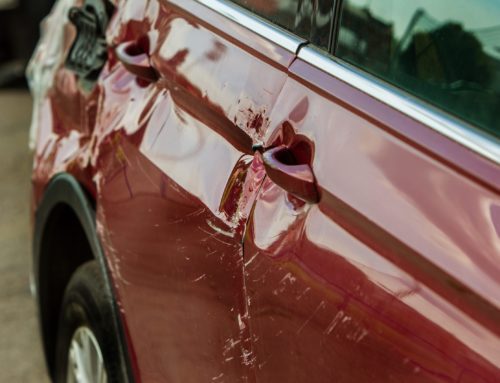Your vehicle insurance comes with a number of terms that can be confusing. If you don’t understand what you are buying, chances are you won’t know what type of insurance coverage you need.
Here is a list of the most common insurance terms you will likely encounter and how they impact the coverage and cost of your car insurance.
Premium and deductible
The amount of money that you pay for vehicle insurance is a premium. The deductible is the amount you agree to pay out of pocket for repairs when a claim is filed.
The monthly, semi-annual or annual payments you make to your insurance company as premiums pay for the insurance a company provides to cover vehicle repairs. The premium is based on the type of vehicle you drive, your driving history, your age and other factors.
A vehicle insurance deductible is the amount of money that you agree to pay for repairs before your insurer pays the claim. The deductible impacts the premium amount. For example, a $1,000 deductible means that you must pay $1,000 for repairs before your insurance company pays. A deductible typically ranges between $0 and $1,500. The higher your deductible, the lower your premium will be.
Comprehensive and Collision
Comprehensive coverage offers payment for repairs when something other than a collision damages your car, such as damage caused by theft, a falling object, hitting an animal and natural disasters. Collision coverage pays for damage caused in an accident with another vehicle or an object. Collision coverage typically is limited to the car’s value.
Bodily Injury Liability, Personal Injury Protection and Medical Payments
Payments made when an accident causes injury or death to others is known as bodily injury liability, or liability coverage. Payments made to cover injury or death of you or your passengers is known as medical payment coverage, while personal injury protection also covers your medical expenses, lost wages, ongoing treatment and child care expenses.
Liability coverage pays for claims filed by others and the legal defense of claims against you. Medical payment coverage often provides money if you are injured by a vehicle while you are on a walk or a bike ride.
Uninsured and Underinsured Motorists Coverage
When another driver hits you without vehicle insurance, uninsured motorist coverage pays for your repairs and medical bills. Uninsured motorists’ coverage is similar, paying for any vehicle repair or medical bills you may have if the driver who hits you does not have enough insurance coverage.
After an accident, you can trust Everything Euro to handle your vehicle repairs and to help sort through the insurance claims required to pay for them.






